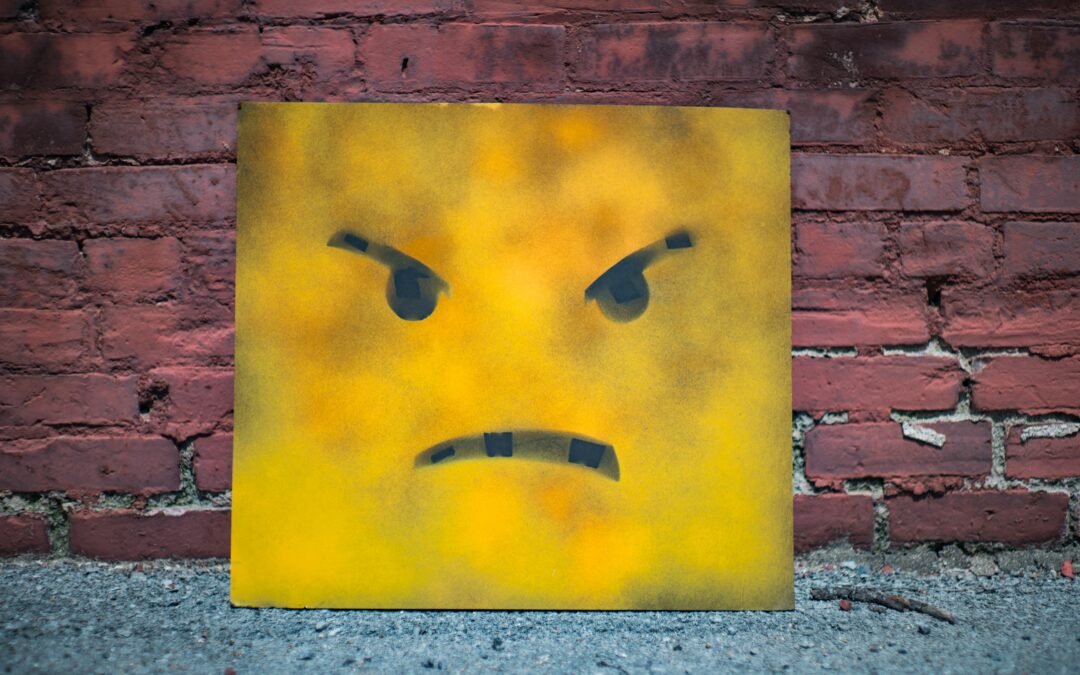
by CMR@dmin | Nov 10, 2022 | Support
Is uncontrollable behaviour in children increasing in communities?
Children must be seen and not heard. Long ago this was the norm and parents applied it daily. Today’s trends are not the opposite, but a very different understanding of how children should behave, or how to educate children. Schools and teachers are easily blamed for lack of discipline; but what does the child’s discipline look like at home?
Are there any rules set and clear guidelines given within which the child knows he must behave? Does the child understand the difference between acceptable and unacceptable behaviour? Or does the child present with negative- or uncontrollable behaviour? Henda van der Merwe, director of CMR Gauteng East, points out that the child protection organisation, with more than 30 social workers in its employ, has seen a large increase in children with uncontrollable behaviour in the last year.
“Our statistics show a 77% increase in these cases – which crosses all cultural boundaries, it is not related to one geographical area, or cultural group, or age group.”
But what is uncontrollable behaviour – and what are the causes that result from it? Children who react with anger, bully others, or physically attack others, are out of control. Likewise, children who bully others on digital media. “It is a shame that these platforms have become an additional way for people to attack each other and hurt each other emotionally. The fact that it happens digitally means it’s faceless and easier to do,” she explains. Uncontrollable behaviour refers to a pattern of behavioural outbursts.
The question also exists: what role does the use of habit-forming substances such as alcohol and drugs play in this behaviour? Marijuana use is becoming more and more common – in younger and younger children. Primary schools can testify that children even as young as ten years old have had contact with it.
“The problem is of course fueled by the fact that it is increasingly easy to get hold of. And children do not realise the danger of dependence. They easily use something just because their peers say it will make them feel good, and using it just once or twice can lead to addiction. (depending on the type of drug). Alcohol, on the other hand, is socially acceptable and much easier to get hold of. Over time use can result in addiction, depending on other factors like genetics and family history etc.”
But what prompts a child to use a substance?
Children and teenagers who experience problems with school work, or have social problems, look for answers to deal with the situation. Often parents are inaccessible, or perhaps even the source of the problem – and the easiest answer is to use a drug that numbs the emotional pain the child is experiencing. (Drugs that numb emotional pain tend to be addictive.)
Social workers are burdened by a load of increasing cases – and there is a shortage of rehabilitation/care facilities, van der Merwe explains. “One of our challenges is parents who refuse to believe their child has a problem – whether it’s drug-related or behavioral problems”.

by CMR@dmin | Dec 21, 2021 | Support
Bright Christmas lights. Festive music everywhere, telling us to feel jolly and get into the festive spirit – because it’s Christmas.
For many, it is a time of family gatherings and despite the past two year’s crisis management of almost all life situations, the Christmas feeling is felt in shops already.
People really want to feel “normal” again, and it is understandable that they are reaching towards a feeling of togetherness and belonging – the very things we have been denied these past two years.
There are however thousands who are without family. Some of them live on the street. Their experience of Christmas does not include lights and trees. Their biggest hope is to have food every day. Many others may well not be living on the street, but they do not know where to go since they do not have a family to be with. During the pandemic, many people have lost loved ones, whose empty seats will be difficult to cope with.
Money problems, financial stress, joblessness. 2021’s stressors are worse than that of 2020. There is still uncertainty, especially now with the new developments around the virus.
And many stand alone. Loneliness can affect anyone, even small children. Think of a single mom who has no family, who struggles to engender a Christmas feeling in her home. Small children especially are drawn to the trees, lights and gifts in the shops. And mom does not have a festive bone in her body. In fact, the stress of the holiday season may mean she really does not look forward to this time of year.
Against this backdrop, things can go wrong. Children who do not understand, become demanding. And mom feels guilty, too. Thus loneliness gets its claws into her. And smaller children feel it too, especially only children.
“Loneliness goes hand in hand with the lack of a normal feeling of belonging. Everyone is exposed to this. Parents can also use alcohol or drugs as a remedy for loneliness – with negative effects on the children. A parent who is under the influence cannot behave properly, and this is one contributor to family violence,” explains Ani Grobbelaar, social worker of CMR Gauteng Oos’ Lyttelton branch.
“Then, of course, there is the problem of parents working while the children are on holiday. Children left home alone without supervision causes their own problems. Older children go walking around and if you look for trouble, you will find it. Apart from the safety aspect, there is also boredom. No child can watch TV for 8 hours without becoming bored. They start looking for something to do, and drugs, alcohol, porn and online games easily fill this gap. Parents must do everything in their power to find alternatives to keep children from these bad influences.
“Not just violence but also child neglect increase during this time,” explains Henda van der Merwe, director of CMR Gauteng-Oos. “For us, there is no doubt that family violence will see a sharp increase in the coming weeks. At the end of two years of the global pandemic, we should not forget that the emotional toll of that still plays a role in families. Most people just want to forget that it happened, but we must remember that more than 30 % of our country’s people are jobless. The stress is bigger than in other years.
“The social workers in our organisation are confronted with much more than the need for food. Family support is of the utmost importance during the festive season,” she explains.
The question is how to handle it? There is no easy answer. “Stop. Think. How can what you do in the next 5 minutes, help another person through this period? Can a few minutes of your caring perhaps change his experience – and stop him from grabbing onto something to help him feel better. To care is to give – a few minutes could change a person’s life irrevocably,” Van der Merwe concludes.



Recent Comments